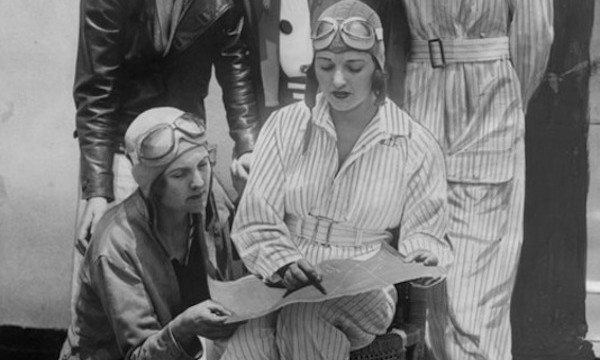8 Do’s and Don’ts for How to Find (and Keep) a Professional Mentor
June 24, 2015
We’ve all heard about the long-lasting value of having a mentor, but we also know that building such relationships can be complicated work. Let’s face it: The prospect of asking someone point-blank to be your mentor is kind of awkward.
But it doesn’t have to be. As Sheryl Sandberg writes in Lean In: “The strongest [mentoring] relationships spring out of a real, often earned, connection felt by both sides.”
In other words, it’s a relationship; not a transaction. So how does it differ from a plain old professional relationship? Simple: The mentee is actively supported and advised by the mentor. This creates a unique opportunity to be guided and challenged by someone you trust professionally.

There are a variety of ways to initiate these relationships. Some mentorships develop organically, but it’s also a good idea to formalize the relationship in order to make the most of it. Once you’ve identified a potential mentor, find a way to “propose” that feels organic. Explain why you admire them and what you’d specifically like to learn from them.
I’ve discovered a few key do’s and don’ts in the strongest mentoring relationships I’ve observed.
DO
…utilize your alumni network and professional women’s leadership groups within your company to identify potential mentors. Getting to know people who are already a part of your network in some capacity will allow you to more naturally launch a mentoring connection.
…set expectations from the get-go. If someone agrees to mentor you, they want to see you succeed. Can they help you strengthen your interviewing skills? Edit your resume/cover letters? Help you better navigate office politics? Coach you on how to negotiate? Set clear objectives for what you want to accomplish so you have a strong framework in which to work.
…establish how frequently you will connect. Once a month for dinner? Every other week for a chat over the phone? Make sure you are realistic about how much time you have so you don’t over-commit.
…approach mentorship as a two-way street. I have mentors who sometimes reach out to me for advice or to assist them on a project, and I’m always happy to help. After all, they trained me and I observed from them how to best practice my job. Don’t miss an opportunity to ask them how you might support them in their own work.
…build an authentic relationship with your mentor. If you see that her favorite restaurant is on the Restaurant Week list, shoot her an email to let her know (or better yet, invite her to lunch there). If you read a book or article that you think will resonate with her, send her the link with a well thought-out note.
DON’T
…expect to learn everything from her or about her on your first meeting. It takes time to build a relationship with someone, even when that relationship has clearly outlined objectives.
…get defensive when you receive constructive, critical feedback from your mentor. Isn’t that what this is about? If you were just getting praise, you wouldn’t be learning anything new.
…be concerned if you don’t become best friends. Mentoring is first and foremost professional; you don’t have to have tons in common or want to hang out every weekend for it to be valuable.
Cultivating a successful mentoring relationship doesn’t have to be overly complex. If you 1) begin with clear goals and expectations, 2) commit yourself to learning and growing professionally, and 3) maintain a genuine connection with your mentor, you will likely form professional allies who will guide you throughout your career. Don’t forget to thank them along the way.









